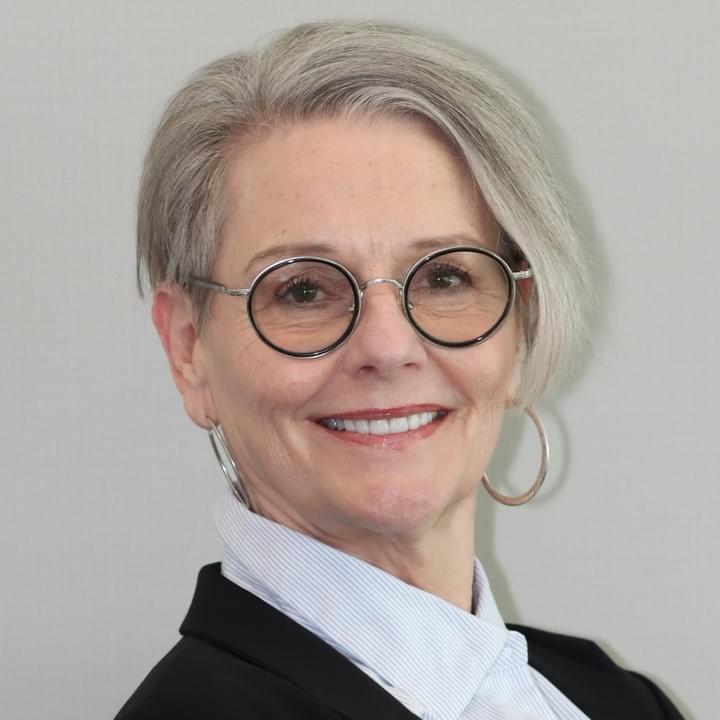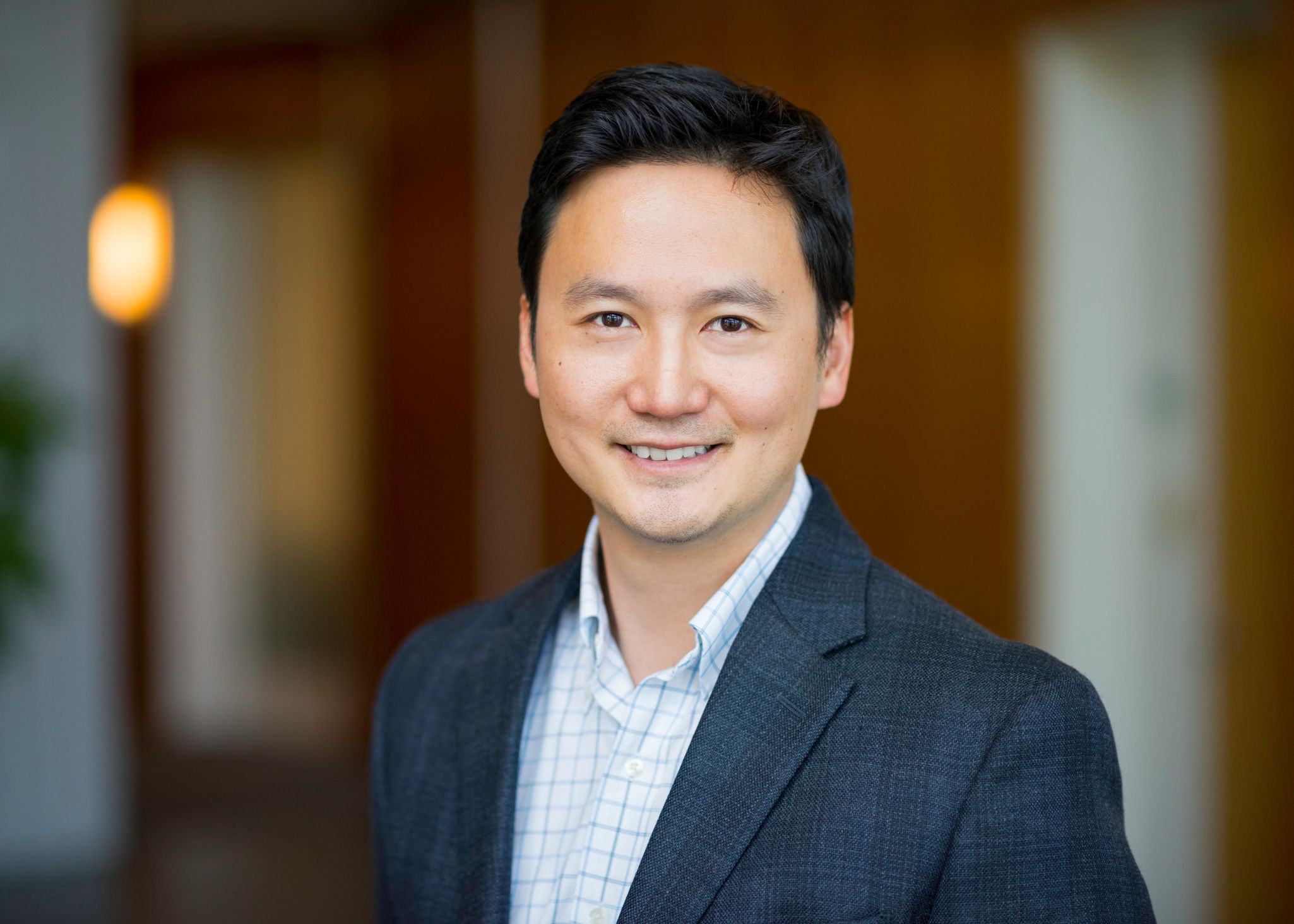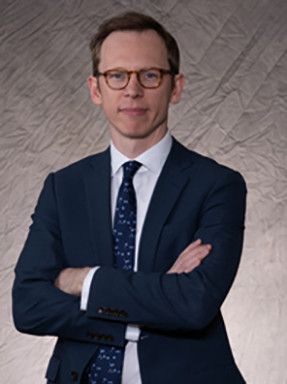Discussion Description:
 Alice Armitage, Professor and Director of Applied Innovation, LexLab at The University of California College of the Law, San Francisco
Alice Armitage, Professor and Director of Applied Innovation, LexLab at The University of California College of the Law, San FranciscoProfessor Alice Armitage is the Director of Applied Innovation, which includes overseeing LexLab, an innovative hub on our campus focused on the many impacts that technology has and will continue to have on the law. Alice began her career as an international tax attorney at Arnold & Porter in Washington DC, moving from there to a position as a federal regulator in the Office of the International Chief Counsel at the US Internal Revenue Service to develop tax policy for complex cross-border financial transactions.
More recently, Alice took a break from practicing law to found two startups. Her experience as a two-time entrepreneur ultimately led her to UC Law SF as Director of the Startup Legal Garage. In her time as Director of this popular program, Alice developed an extensive network within both the tech and the legal communities of Silicon Valley. Alice now teaches four courses for law students that are part of the concentration in “Technology and Innovation in the Practice of Law”. These courses include Legal Informatics, Legal Operations, Design Think and Access to Justice, The Fundamentals of Building Legal Tech Startups. In addition to building out new programs and courses at UC Law SF, Alice’s research interests focus on the intersection of technology, design thinking and regulation. Alice published “Design Thinking: An Answer to the Impasse between Innovation and Regulation” in the Georgetown Technology Law Review, and also has a chapter on design thinking in “The Cambridge Handbook of Law an Entrepreneurship in the United States,” published in April 2022 by the Cambridge University Press.
Professor Armitage is a graduate of the Yale Law School where she was the first woman Editor-in-Chief of the Yale Law Journal since World War II. She also has an A.B. and an M.A. in British and American Literature from Brown University.
 David Wang, CIO of Wilson Sonsisi Goodrich & Rosati, San Francisco Office
David Wang, CIO of Wilson Sonsisi Goodrich & Rosati, San Francisco OfficeDavid Wang is Wilson Sonsini’s chief innovation officer. David is responsible for overseeing the firm’s innovation strategy, the development and implementation of legal technology programs, and supporting and advising both internal and client teams on the legal and operational implications of emerging technologies and business models in the legal industry.
David previously practiced corporate and securities law for more than 10 years, working with private and public companies on general corporate and transactional matters, including at Wilson Sonsini as well as Davis Polk & Wardwell. David was an entrepreneur prior to becoming a lawyer.
 Jake Heller, CEO and Co-Founder of Casetext
Jake Heller, CEO and Co-Founder of CasetextJake was a litigator at Ropes & Gray before co-founding Casetext. He trained at Stanford Law School, where he was president of the Stanford Law Review, and clerked for Judge Michael Boudin in the US Court of Appeals for the First Circuit.
Jake has been named to Forbes 30 Under 30 and the Fastcase 50 for legal innovation for his work at Casetext. He’s a Silicon Valley native, and has been programming since childhood.

John Bliss is an assistant professor at the University of Denver Sturm College of Law and an affiliate faculty member at the Harvard Law School Center on the Legal Profession. His research empirically examines the relationship between lawyers’ professional identities and their public-interest values. Drawing on a longitudinal qualitative analysis, he has studied how law students adopt professional selves while “drifting” away from initial aspirations to work in public-interest practice settings. He also takes this inquiry further into lawyers’ careers, examining civic professionalism among young lawyers in the U.S. and China, pro bono in large law firms, and movement lawyering in the contexts of fair housing, animal rights, and the protection of future generations. His work is published or forthcoming in leading legal and interdisciplinary outlets, including Law & Social Inquiry, Law & Society Review, Wisconsin Law Review, UC Davis Law Review, The Georgetown Journal of Legal Ethics, and edited volumes on global pro bono and the emerging Chinese bar.
Professor Bliss teaches primarily in the areas of legal profession, property, and socio-legal studies. Along with Associate Dean Alexi Freeman, he co-founded and co-directs the 1L Public Good Program at Denver Law, an evidence-based curriculum and practicum designed to support first-year students who aspire to careers in public interest law. His teaching is deeply informed by his research on legal education, including his forthcoming study of how law school grading practices impact learning, well-being, and inequality among students.
Before joining the Denver Law faculty, he completed his J.D. and Ph.D. at UC Berkeley and then spent two years as a postdoctoral fellow at the Harvard Law School Center on the Legal Profession. He belongs to several academic associations relating to the interdisciplinary study of law and the legal profession, including serving as co-director of the Legal Education Collaborative Research Network with the Law and Society Association.